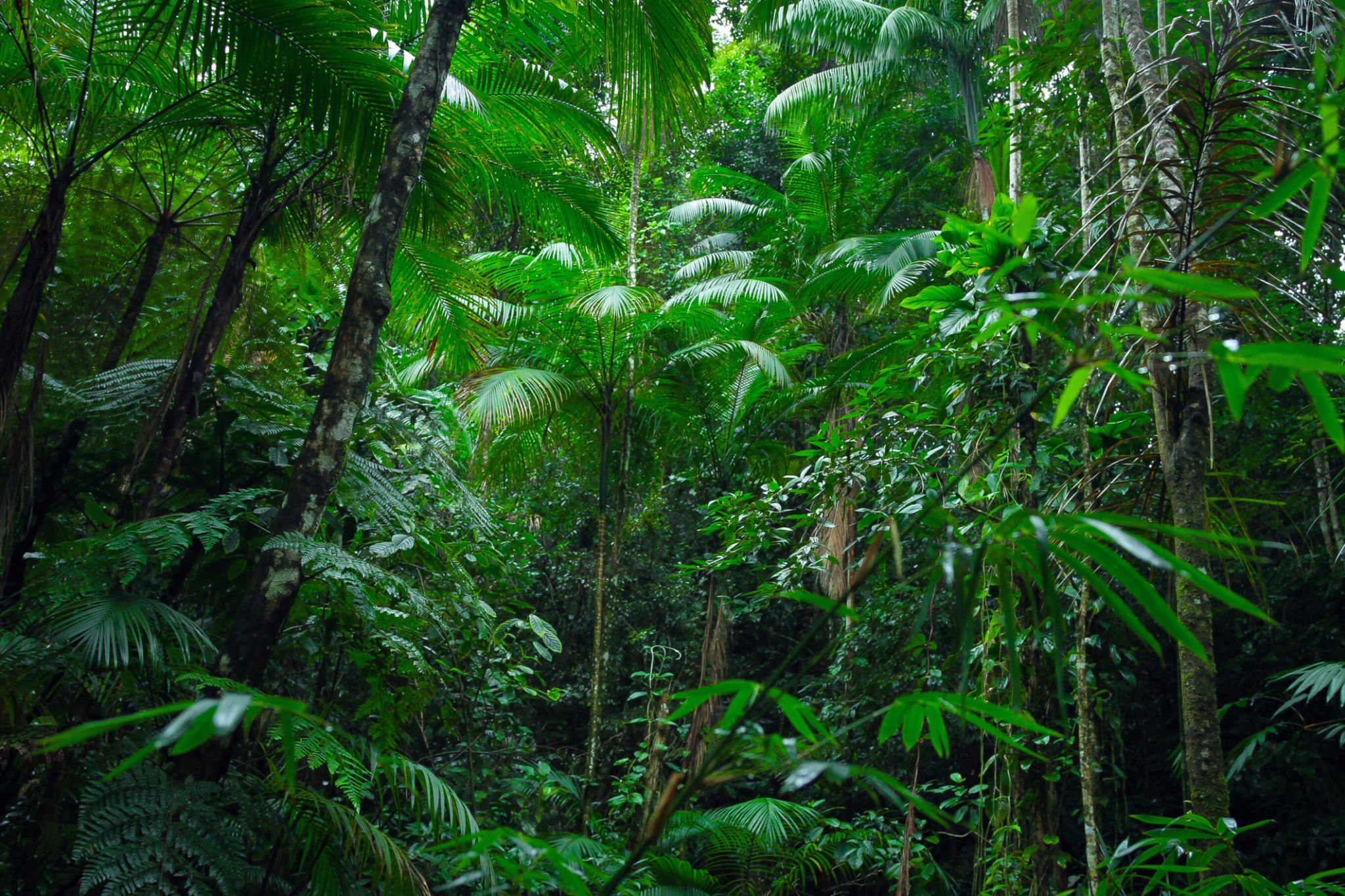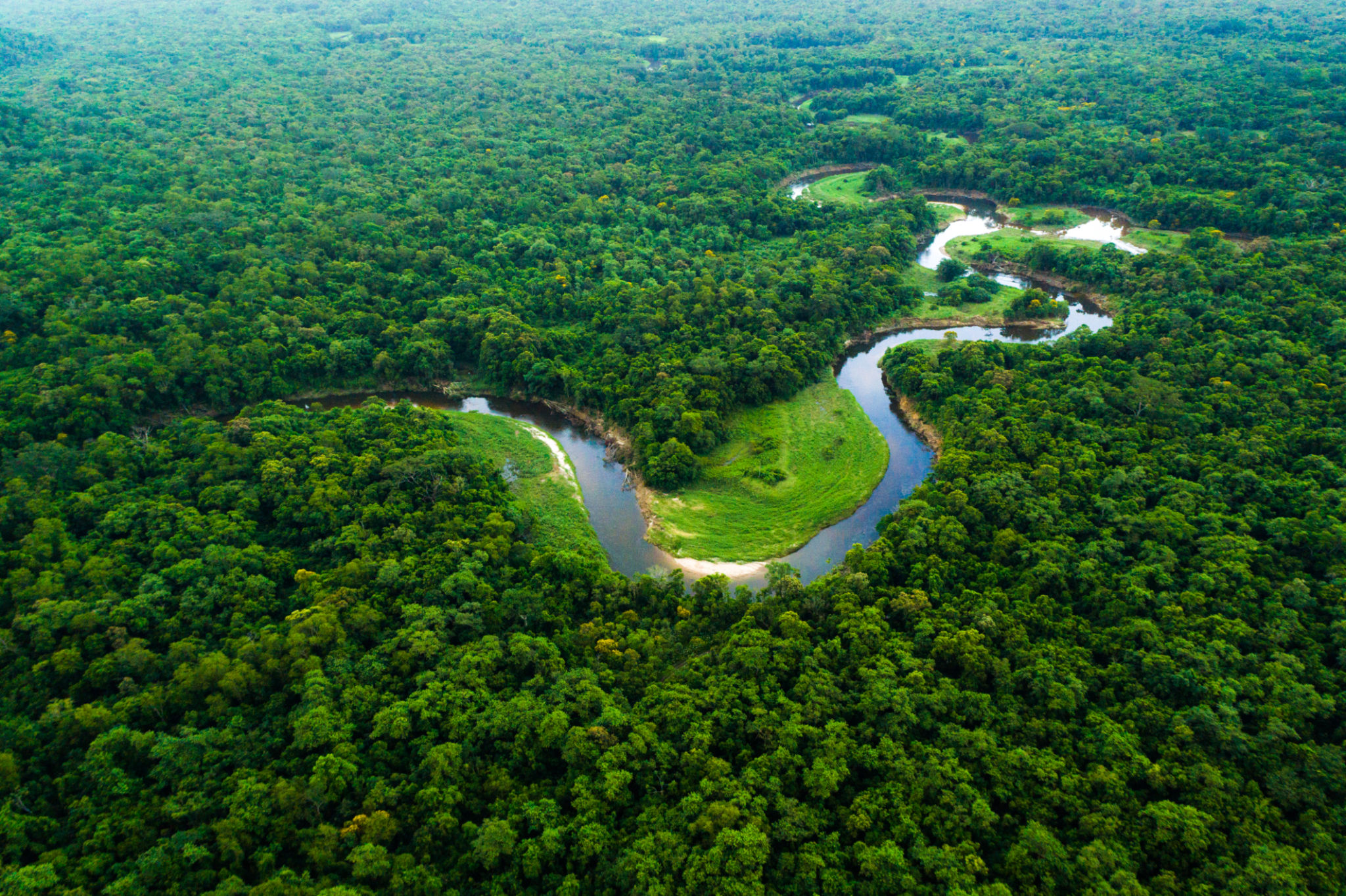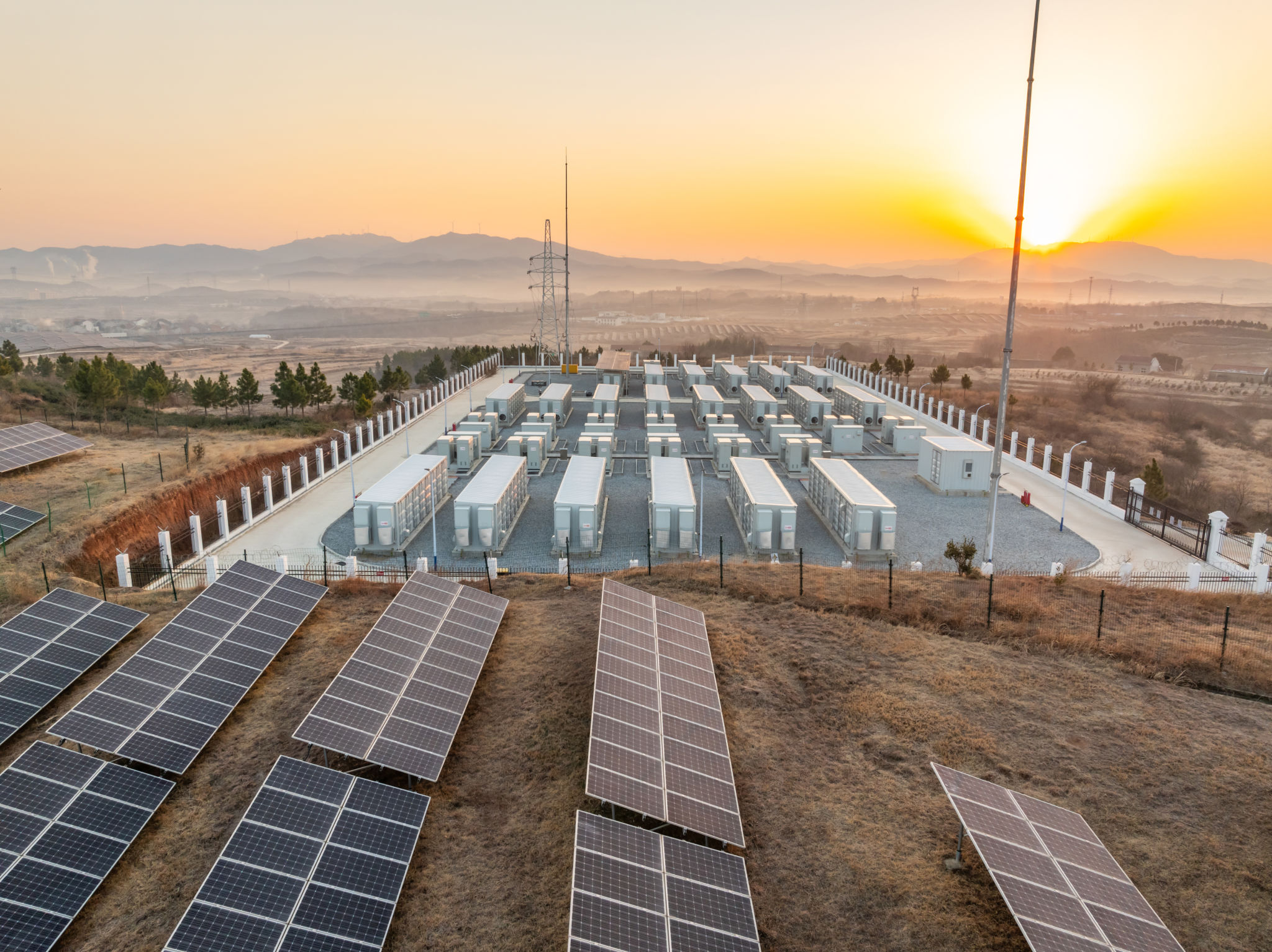Case Study: Successful Web3 Sustainability Projects in Brazil
Exploring Web3 and Sustainability in Brazil
The intersection of Web3 technology and sustainability presents a transformative opportunity for environmental solutions. In Brazil, a country renowned for its biodiversity and natural resources, several innovative projects are harnessing the potential of blockchain and decentralized networks to promote sustainable practices. These initiatives not only aim to address environmental challenges but also seek to involve communities and stakeholders in meaningful ways.

Blockchain for Sustainable Agriculture
One of the most promising applications of Web3 in Brazil is in the realm of sustainable agriculture. Blockchain technology is being used to create transparent and traceable supply chains, ensuring that agricultural practices are environmentally friendly and ethically sound. This technology helps farmers in Brazil to certify their products as organic or sustainably sourced, opening up new markets and opportunities for fair trade.
By employing smart contracts, these projects automate transactions and reduce the need for intermediaries, which not only cuts costs but also ensures that farmers receive a fair share of the profits. This approach is particularly beneficial in regions where traditional banking and financial services are limited, providing an inclusive solution for economic empowerment.
Preserving the Amazon Rainforest
The Amazon rainforest is a global treasure, and its preservation is crucial for maintaining biodiversity and combating climate change. In Brazil, Web3 projects are at the forefront of efforts to protect this vital ecosystem. By leveraging decentralized technologies, these initiatives are creating systems where individuals and organizations can invest directly in conservation efforts.

Tokenization of land rights is one such innovation, allowing for fractional ownership of conservation areas. This not only democratizes access to investment opportunities but also ensures that funds are directly channeled into preserving the rainforest. Furthermore, blockchain's immutable ledger provides a transparent record of conservation efforts, fostering trust among stakeholders.
Community-Driven Renewable Energy Projects
In rural areas of Brazil, access to reliable energy is a significant challenge. Web3 technology is enabling community-driven renewable energy projects that utilize blockchain for decentralized energy production and distribution. These projects empower local communities to generate their own energy using solar panels and wind turbines, reducing dependency on non-renewable sources.

Through decentralized energy marketplaces, residents can trade excess energy with their neighbors or sell it back to the grid. This approach not only promotes sustainability but also enhances community resilience by providing a stable and clean energy supply. Moreover, the transparency provided by blockchain ensures equitable distribution of resources and fair pricing.
Challenges and Opportunities Ahead
While the potential of Web3 in promoting sustainability is immense, several challenges need to be addressed for broader adoption. These include issues related to scalability, regulatory frameworks, and technological accessibility. In Brazil, ongoing efforts are focused on overcoming these hurdles through collaboration between tech innovators, governmental bodies, and local communities.
The success of these projects illustrates the powerful synergy between cutting-edge technology and environmental stewardship. As Web3 continues to evolve, it holds the promise of driving sustainable development not just in Brazil but globally. By championing transparency, inclusivity, and ecological responsibility, these initiatives set a promising precedent for future endeavors worldwide.
